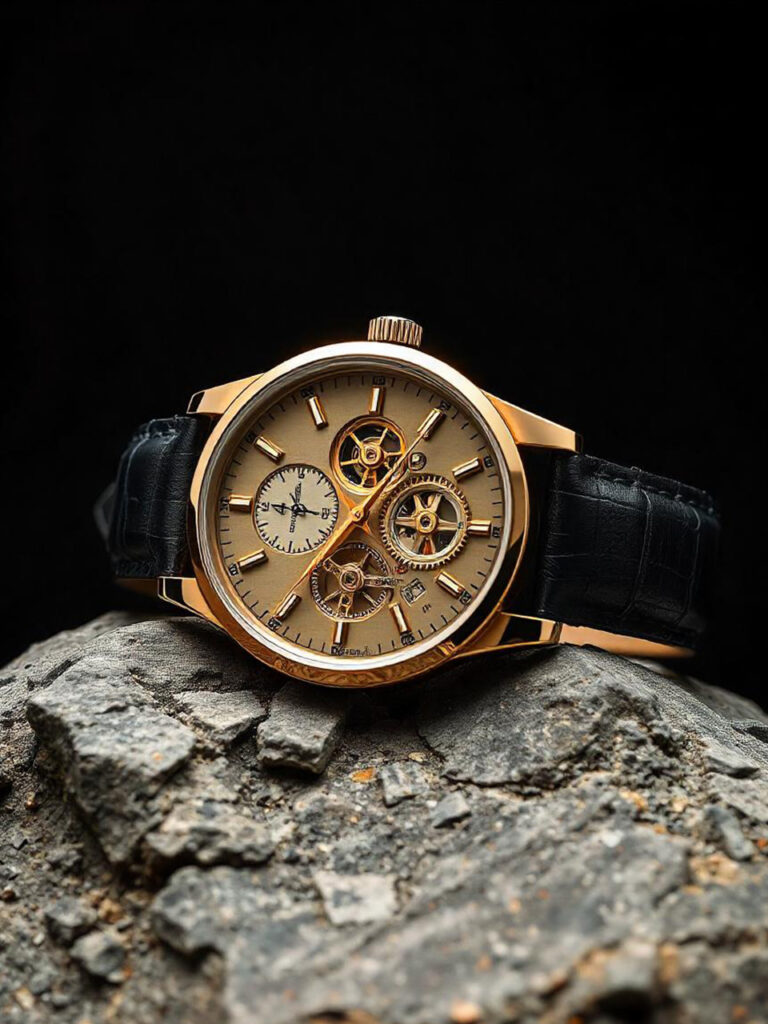The Act
of ADJUDICATION
We do not sell watches. We adjudicate them.
That means: one watch. One name. One time. No duplication. No public offer. No repetition.
Each adjudication is a formal decision, made by the maison after a period of observation and discretion. Some are suggested by private intermediaries. Some are granted by tradition. Others are accepted after a letter — hand-written, never requested.
The person to whom the watch is adjudicated receives a signed piece, visibly inscribed, and accompanied by a sealed letter. The watch is entered into our non-public Register of Adjudication, then placed under Swiss notarial custody — a system of integrity designed not for proof, but for permanence.
Once adjudicated, the piece will never change hands with our recognition. Its value does not lie in ownership. It lies in the act itself.

The Book That Is Not Public
Behind every adjudication lies a written act. Every adjudicated Vallier is registered in our Livre de Maison, a hand-bound, notarised ledger kept in our offices in Zürich. This ledger is not public. It does not list clients. It records decisions.
The register is witnessed by our notary and archived under legal custody. Not for validation — but to honour the moment. Each entry includes: the name, the inscription, the date of adjudication, and the reason.
No watch leaves Vallier & Cie without its corresponding inscription in the Book. No Vallier is anonymous.
What It Means to Be Adjudicated
To be adjudicated is not to be approved. It is not to be selected.
It is to be known.
A Vallier is not the most expensive object you will ever receive.
But it may be the most personal.
It bears your name, not your taste.
It is not a sign of success. It is a gesture of memory.
We adjudicate for births. For moments of silence. For the
return of a name. For the passing of something too important
to sell. We adjudicate without noise, without announcement,
and sometimes, without reply.
If you receive such a piece, you will understand.

